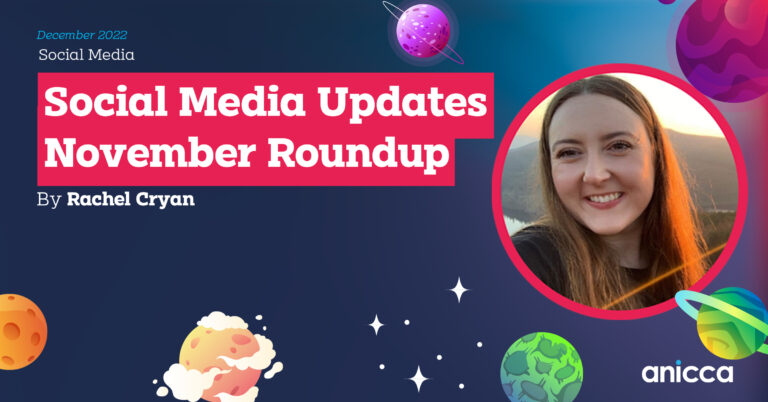What are the New Changes to Facebook?
Yesterday Facebook held its annual F8 conference, streamed  to millions across the globe, announcing more plans for the social networking sites evolution.
to millions across the globe, announcing more plans for the social networking sites evolution.
The latest changes at Facebook include a new class of “open graph” applications that will let people discover and share music, movies, books and other news as well as seemingly lightweight experiences like nights out and football matches.
Streaming live from San Francisco, CEO and founder, Mark Zuckerburg unveiled Facebook’s plan to enable users to release more information about themselves and what they are doing at exact moments in time (giving you the opportunity to join the conversation).
The sites digital music sharing features were also unveiled as a number of partnerships have been made with ‘freemium’ music services Spotify, Deezer and Mog (though figures are rumoured to be in the region of 10). With these features users will be able to listen to the music and share it with friends, who can in turn listen to the music at the source, for example on Spotify.
However the big announcement came through the unveiling of the social networking sites ‘Timeline’ feature, allowing users to digitally map everything they’ve ever done. The graph format allows you to literally show other users everything, from your first baby steps to joining the site, education, workplaces, relationships, events and birthdays-literally everything. Zuckerberg said:
“Timeline is the story of your life.” He demonstrated by showing how his new profile page chronicled his experiences from meeting US President Barack Obama to baby photos.
“The biggest challenge was to tell the story of your life in a single page. What Timeline does is show all the recent activity and then as you go back in time it starts summarizing the things you’ve done in your life.”
Facebook is also taking on Twitter with their ‘subscribe’ button, which will allow users to see public updates from people they aren’t friends with. In line with this Facebook has also enabled users to Tweet from their Facebook account, an application previously only available if you were a member of the Twitter fan page or used a remote application to do so.
Perhaps the biggest outcome of the conference was the fact that Facebook and its thousands of employees have managed to keep these changes under wraps since December 2010. People knew changes were on the horizon but what exactly these changes were remained secret.
These changes to the social networking site give it the edge as it’s slowly but surely amalgamating different formats of media from across the web, putting it all in one place. So where does this imply that Facebook is heading? Some argue world domination and some say it’s reaching its capacity.
Like for like Facebook has lost 4% of its traffic since last year, whereas Twitter and You Tube have once again grown.
However the site still has more than 750 million members, making it obviously not only the biggest social networking site on the planet, but one of the most expensive and traffic-busy url’s the web has ever seen. Wherever Facebook is going, it’s sure to be in interesting journey.

